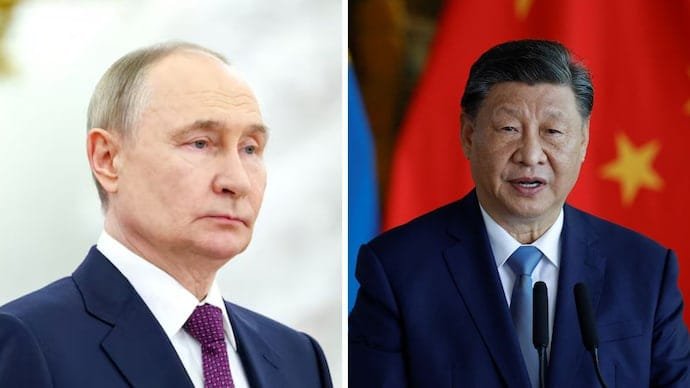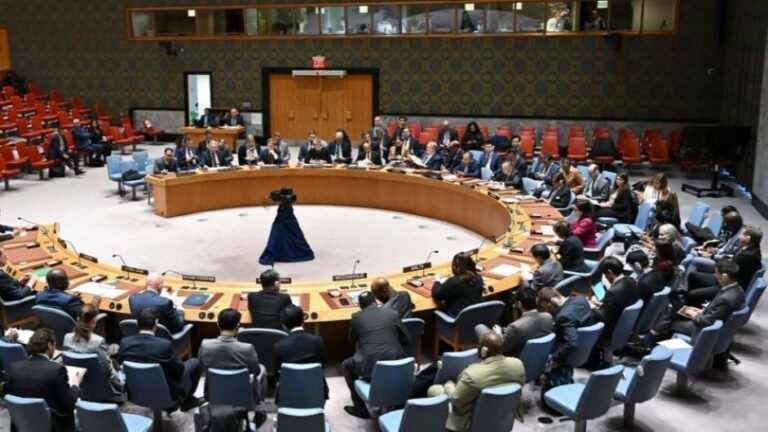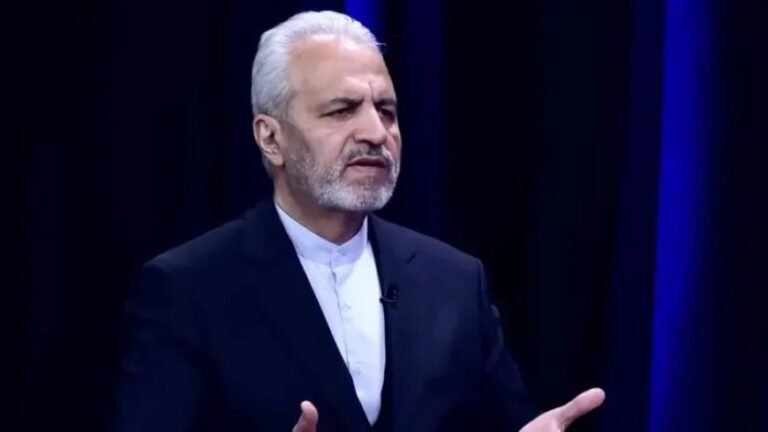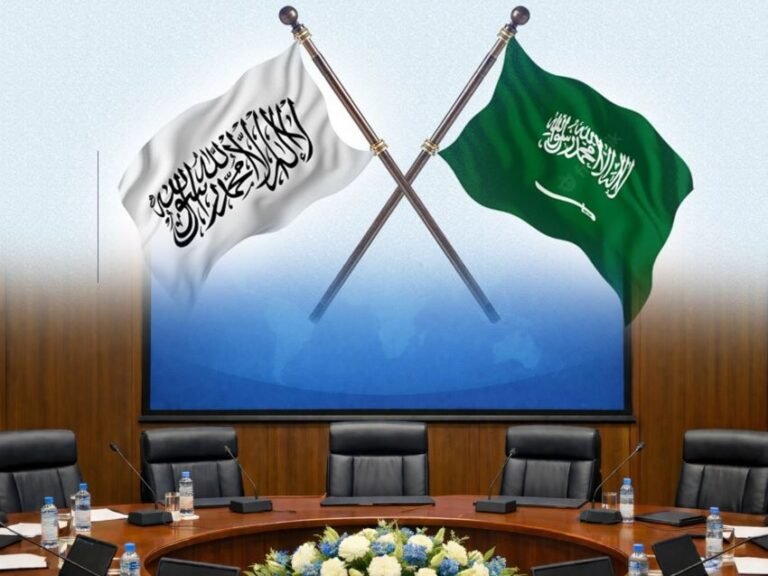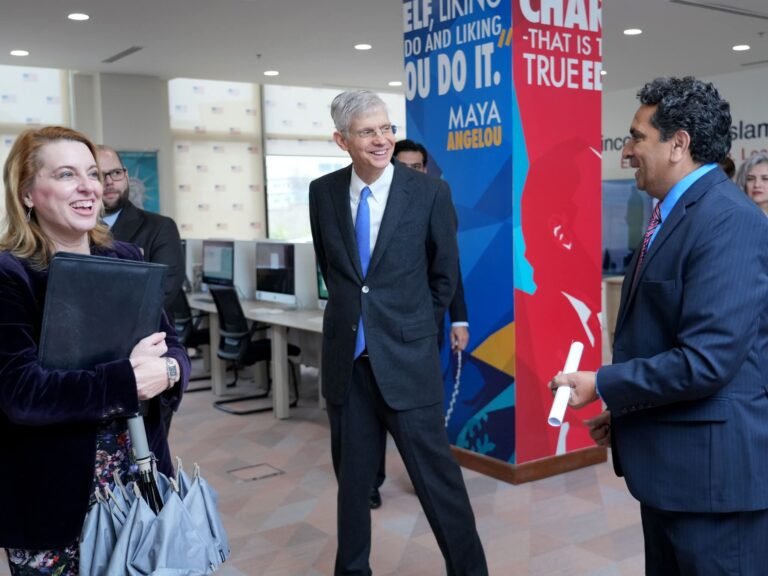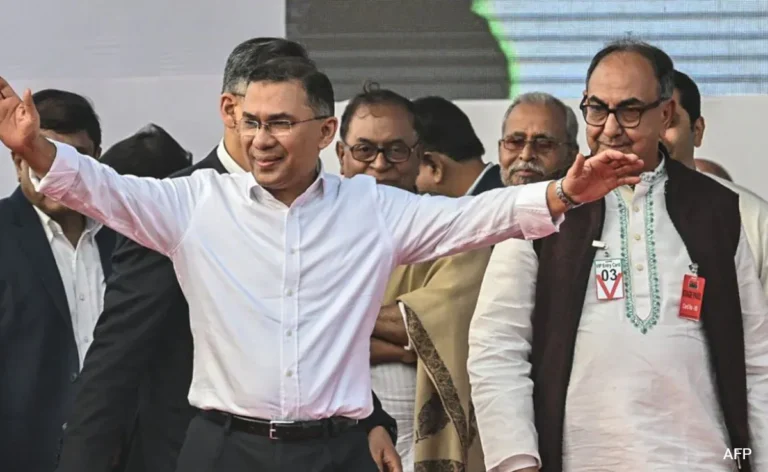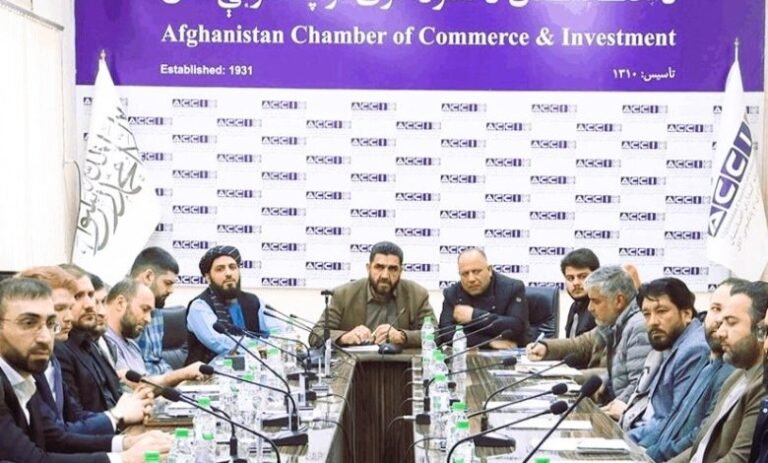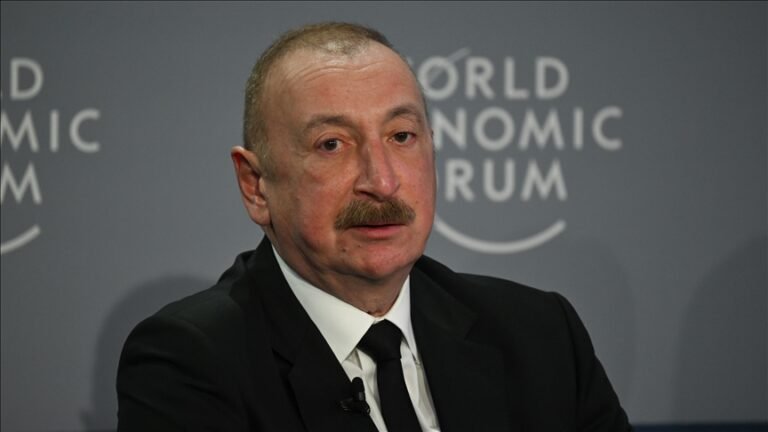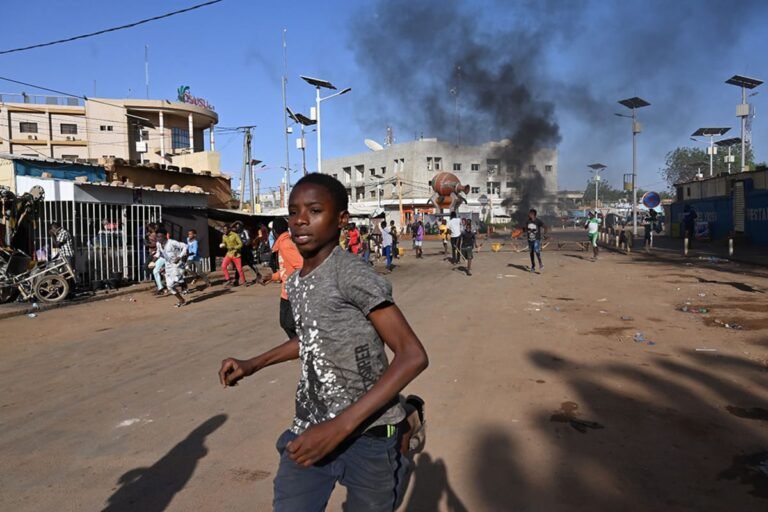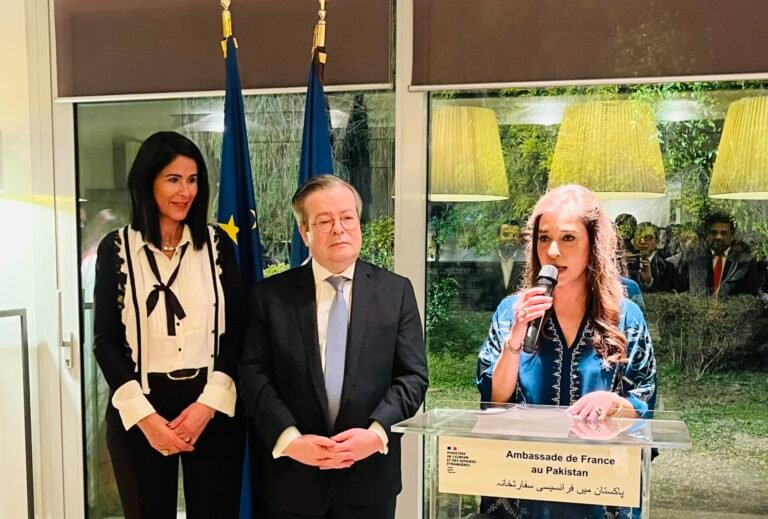Rio de Janeiro (TDI): Chinese President Xi Jinping and Russian President Vladimir Putin will not attend the forthcoming 17th BRICS Summit in Brazil scheduled to be held in Rio de Janeiro on July 6-7.
This is the first time that President Xi will miss a BRICS summit since 2013 when he came to power, a rare shift in China’s leadership participation at the annual meeting of emerging economies.
As per the media, the Chinese authorities informed the Brazilian government that Premier Li Qiang will attend the summit in place of Xi. Li had also led China to the G20 Summit in India in 2022, which shows his increasing diplomatic stature at the international level.
On Wednesday in Moscow, Kremlin Foreign Policy Adviser Yuri Ushakov confirmed that Russian Foreign Minister Sergey Lavrov would represent Russia at the BRICS Summit, while President Putin will join via video link.
The Kremlin attributed this decision to legal concerns related to the International Criminal Court (ICC) arrest warrant against Putin. Since Brazil is the signatory to the Rome Statute, it is legally obliged to act on ICC warrants, complicating any potential visit by the Russian leader.
“This is because there is some problem related to the ICC requirement,” Ushakov said, “the Brazilian government couldn’t take the final decision that would allow our president to participate in this meeting.”
Russia has continued to refer to the warrant as politically motivated, whereas China has refused to comment on Xi’s move, with the Foreign Ministry only stating that further details about China’s participation will be announced in due course.
The 2025 BRICS Summit is hosted by Brazil during its rotation of chairmanship and will bring together the original five founding members, Brazil, Russia, India, China, and South Africa, and newer members Egypt, Ethiopia, Iran, Saudi Arabia, and the United Arab Emirates.
At the top of the agenda are negotiations on reforming global governance, strengthening financial cooperation, and pushing forward development strategies in the Global South.
Despite the absence of two important leaders, Brazilian officials emphasized the need for continuity of the summit. “BRICS is still a platform for strategic cooperation and inclusive dialogue,” said one, adding that its effectiveness depends on continuous interaction and not on the presence of individuals.
The summit is set to proceed with extensive diplomatic interaction, thus reiterating BRICS’ commitment towards achieving a multipolar world order.
A passionate International Relations student with a strong interest in diplomacy, policy, and global affairs. Dedicated to contributing thoughtful analysis and research on international issues.

